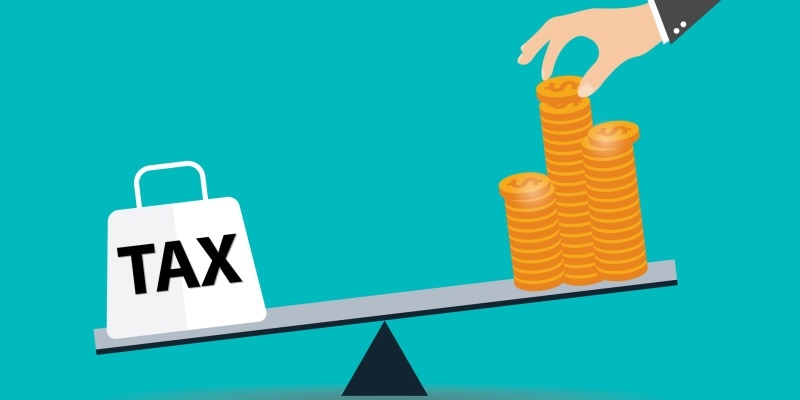Tax residency in Nigeria
The Nigerian tax regulation defines a Nigerian resident as an individual who is living in Nigeria for more than 6 months a year. A foreigner holding a Nigerian residence permit (CERPAC) is also deemed to be a tax resident.
Individual residents in Nigeria are taxable on their worldwide income, whereas a non-resident is only taxable on the income earned from business activities performed in Nigeria. Non-resident expatriate employees are therefore subject to income tax in Nigeria unless:
- they work for an employer based in a country other than Nigeria,
- their compensation is not paid by a “fixed base” (i.e. permanent implantation) of their employer in Nigeria, or
Good to know:
- their compensation is taxed in another country (you should check in advance whether your home country has a tax agreement with Nigeria).
Taxes in Nigeria are all collected by the national Federal Inland Revenue Service (FIRS).
PERSONAL INCOME TAX
Tax is imposed on individuals who are either in employment or are running their own small businesses, under a business name or partnership.
Though collection of Personal Income Tax is a federal responsibility, this tax is generally collected by state governments from those that are resident in their various states, regardless of whether they are federal, state, local government, or private sector workers. The Federal Inland Revenue Service, also collects this tax but only from residents of the Federal Capital Territory as well as what may be described as highly mobile federal worker; staff of the Ministry of Foreign Affairs, other Nigerians and foreigners outside the country but earning income in Nigeria (non-residents), expatriate workers resident in Nigeria, Police Officers, and Military Officers. Civilians working in Police and Military formations, however, pay to their respective States of residence.
The current law guiding the taxation of personal incomes is the Personal Income Tax Act (Cap P8 LFN 2004). Under the law, Federal and States’ tax boards are empowered to identify persons living in or earning income from Nigeria who are required to pay tax, and to assess incomes and tax their incomes using specified guidelines and rules. This law also guides the tax official in identifying the residence of potential taxpayers, as well as the sources and origins of their incomes for the purpose of taxing the income.
TWO TYPES OF PERSONAL INCOME TAX
Pay-As-You-Earn (PAYE) i.e. taxes from employment
I. PAYE is an acronym for “Pay as You Earn”.
It is a method of collecting personal income tax from employees’ salaries and wages through deduction at source by an employer as provided by the relevant sections of the Personal Income Tax Act (PITA). (S.81 of Personal Income Tax Act Cap P8 LFN 2011).
II. Taxes from self-employed persons (Direct Assessment)
Direct Assessment is an assessment raised directly on self-employed persons (eg. Professionals, Contractors, Traders, Landlords etc).
The self employed person will without notice or demand, file a return of income earned in the preceding year using Tax Form A.

Capital Gains Tax (Individuals only)
It is a tax on the profit made from the sale or exchange of capital assets like land shares, machinery.
Stamp duties
It is a tax imposed on legal instruments/documents executed by individuals, this tax is usually placed on the transfer of homes, buildings, copyrights, land, patents and securities.
Business Premises levy
It is a tax on property used for the production of income including rental houses, office buildings, factories etc. Business premises amounts to N10,000 for registration and then N5,000 for renewal in subsequent years for urban areas and N2,000 / N1,000 respectively in rural areas.
Capital Gains Tax (Individuals only)
It is a tax on the profit made from the sale or exchange of capital assets like land shares, machinery.
Hotel occupancy and Restaurant Consumption Tax:
It is a tax imposed on goods and services consumed in hotels, bars, restaurants and event centres within Lagos State. This tax is payable by the consumers who purchase these goods and services. The hotels, bars, restaurants and event centres serve as collecting agents for LIRS.
Withholding Taxes:
It is the specified amount deducted at source from payment accruing or made to individuals or corporate entities in respect of income receivable for service(s) rendered or from investment and remittance of same to the Relevant Tax Authority in line with the provisions of Personal Income Tax (PITA) and Companies Income Tax Acts (CITA).



0 Comments